The emotional kind. Good horsemanship isn't just about conditioning your horse and riding in the proper position, it also involves self-control.
But there is one principle that should never be abandoned, namely, that the rider must learn to control himself before he can control his horse. This is the basic, most important principle to be preserved in equitation.
— Alois Podhajsky
There is no equestrian immune from human weaknesses, be they amateur or professionals. This is not an excuse, it's an observation.
Brutality begins where skill ends.
— Egon von Neindorff
And it's because we are all human that we must work hard to be better today than we were yesterday. To practice self-control so we can let go of selfish actions and prevent injury to others, among them our horse.
Obstacles to self-control
Let's consider the obstacles preventing us from mastering self-control as equestrians.
- Lack of knowledge and understanding;
- Strong and uncontrolled emotional responses;
- Reacting to outside stimuli, without thinking first;
- Lack of discipline and willpower;
- Lack of the desire to change and improve;
- Considering self-control as a limiting and unpleasant activity;
- The belief that self control eliminates fun;
- Lack of faith in oneself and in one's abilities.
When have you experienced any of these in your own riding, or witnessed them in another rider?
I am,
indeed,
a king,
because I know how
to rule myself.— Pietro Aretino, 1537
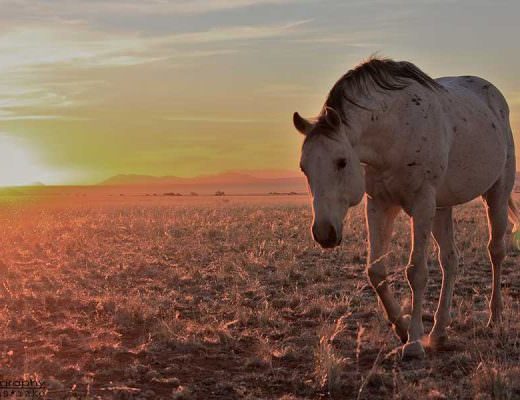
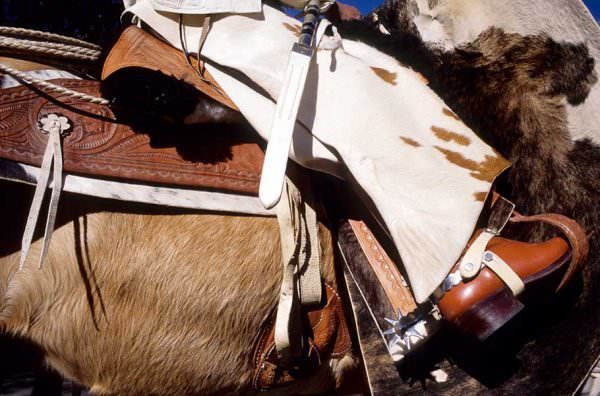
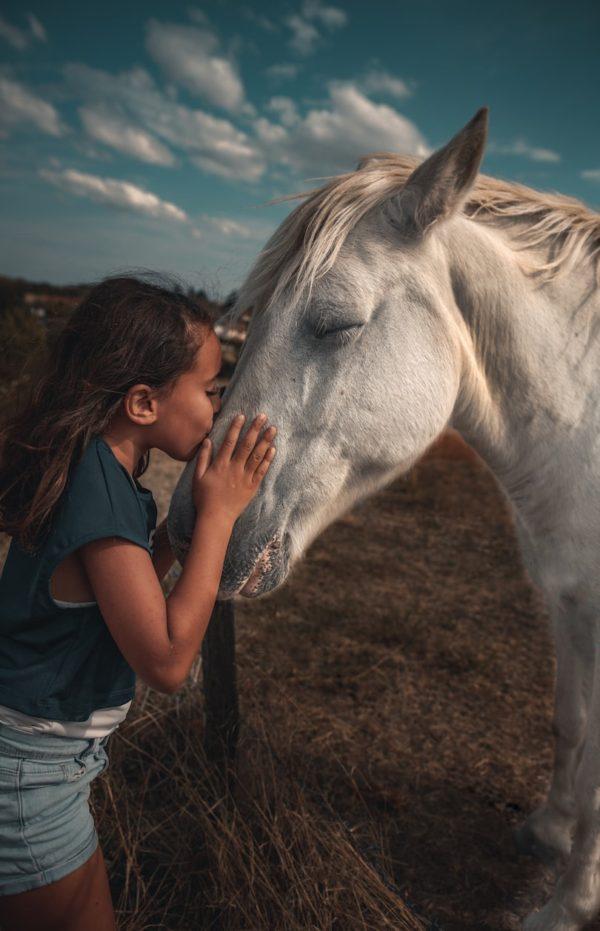
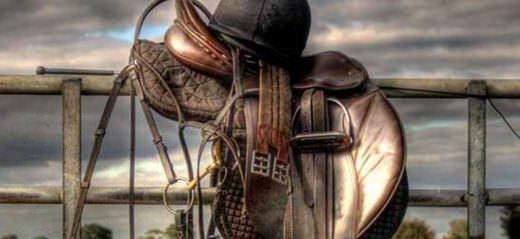
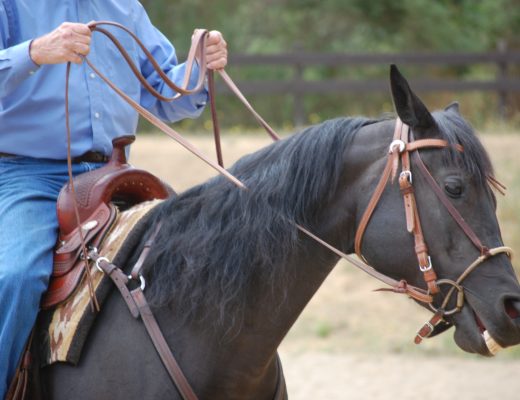
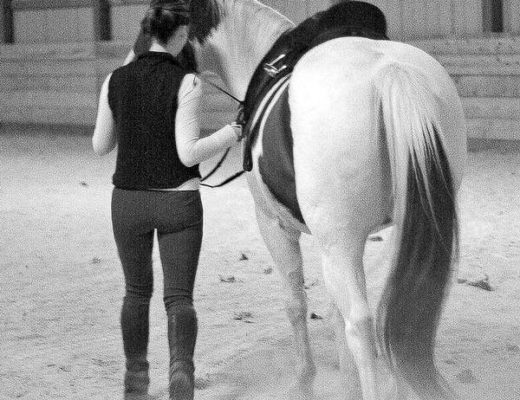
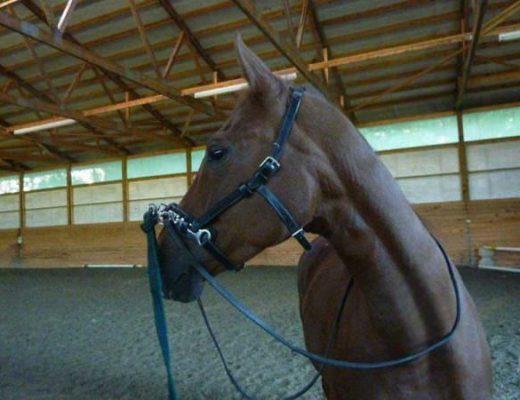
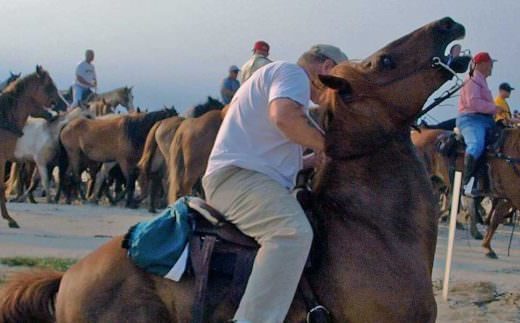
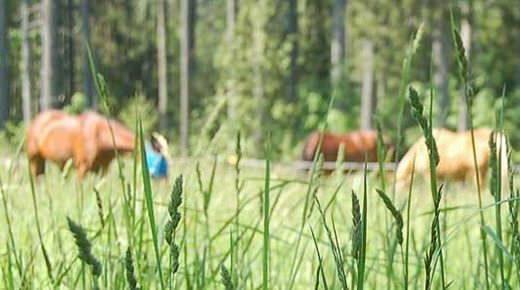
Unbelievable. Yanking with ALL his might on the bit. The poor horse so confused it doesn’t know what else to do. The saddest part of it all being that this idiot truly think he taught the horse something, and is presenting this to others as learning material. And this goes on, and on, and on…
Wow! This person is supposed to be a professional? Yeah, if I tell my horse to back up he looks at me like “what?”, but with a gentle nudge he quickly backs up. No yanking. That poor horse!
So sad that so many people believe this is the right way to treat horses. This guy should be reported to the Humane Society.
That made me cringe. I expect more of a man who charges for clinics and has a famous name. The problem is, someone who is just learning how to correctly ask their horse to back sees this and then thinks it’s okay to yank. It is true that self control is the key in training, if you can’t control yourself and your emotions, how can the horse?
Oh, how sickening… I also cringed, and recoiled in horror when I saw that @$$h0le so-called trainer YANKING with all of his (rather formidable) might with a curb bit (of course) on the tender mouth of this poor sweet horse, who has a shocked and pained look in his eyes. The equine victim now has PTSD – which is why he now “backs up soft.” You’re right – he should be reported to the Humane Society. I’m not kidding. I’d like to put a long-shanked piece of metal in that guy’s mouth and let a body-builder yank on it 10 times and see if he “backs up soft.” Unreal.
this is how i learned as well, to discipline and “teach” a horse.
but when i bought my first horse a year and a half ago, i couldn’t bring myself to do that to my beautiful, kind horse.
so when i encountered trouble (not going forward, not turning left, ) i let him be a pasture pet rather than hurt him. now he has developed trust, runs to me in the field, follows me around, so hopefully some day i’ll learn enough by reading and trusting my instincts to ride him without resorting to cruelty. if anyone knows some simple groundwork exercises i can do that are not so confusing, ( i have a bunch of books but find it hard to follow them), i’d be happy for advice.